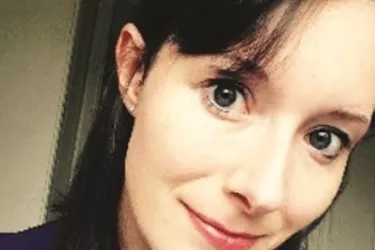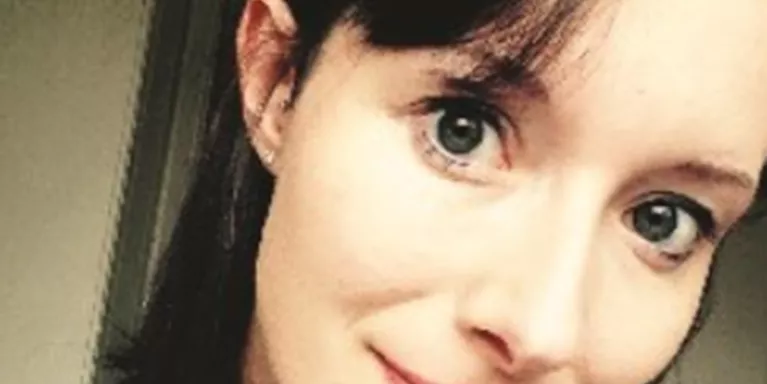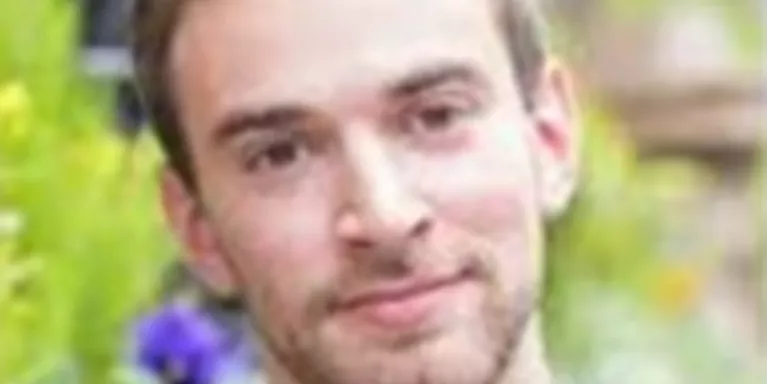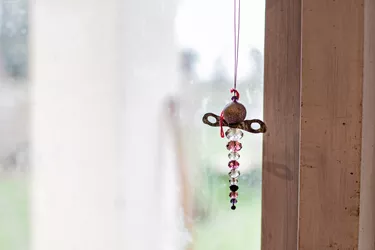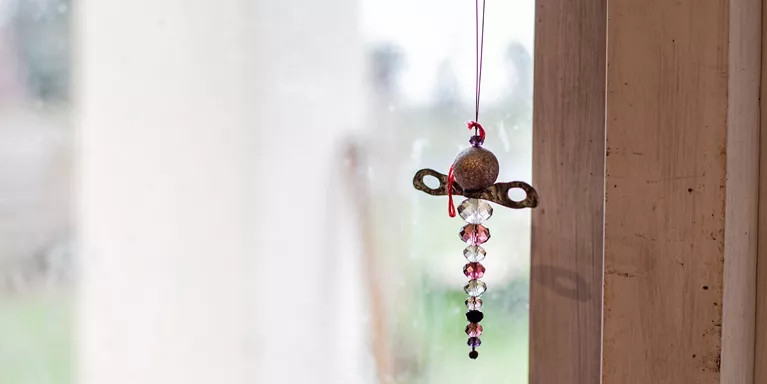Sleep, Anxiety and Me
Becki used to think her ability to survive on very little sleep was a talent until the panic attacks began. She tells us about how she learned to manage her insomnia.
Sleep is a major part of life. I realise this now but I didn’t used to think so. I thought I could do without it; mainly because I had to. I have an anxiety disorder and I’m incredibly anxious most of the time. I spend my time worrying uncontrollably about what has happened, what might happen, about anyone and everyone, and it doesn’t slow down. I imagine a million different scenarios a day of how I am going to fail.
"It is exhausting to have a mind that never switches off."
I’ve always been very alert. Trying to live successfully with that battle going on is a challenge. As a child, I was highly strung. When I reached teenage years, I could go out with my friends and stay out all night without feeling tired and do it again every night without sleeping in the day. I was permanently buzzing, hyper, and never calm. I was always busy. My friends wished they could stay awake as long as I could and I saw it as a good thing; a kind of resilience.
Then, quite suddenly, I started having panic attacks. I had no idea that that’s what they were or what was happening to me. They happened usually when I was on my own, in my bedroom, when I wasn’t busy. I thought I was breaking; that I was completely losing my mind. I didn’t know how to tell anyone. Things spiralled quickly. I felt scared of everything and my resilience gradually disappeared. In the strange new surroundings of university at 18, my panic hit an all-time high.
I made excuses about not having many lectures and went home most of the time, to be near the familiar. I was absolutely focused on trying not to let people see what was happening to me.
"I moved into my own flat in my home town and gradually stopped attending university altogether. At this point, sleep became completely elusive."
As I lived on my own, nobody knew how bad it had become. If I ever mentioned how much sleep I’d had, I found that people just didn’t believe me. Most nights I just didn’t go to sleep. I went from completely hyper to deeply exhausted, but if I tried to go to bed the sleep would not come. I’d cry from being so tired but just lying down and not being able to switch off. I tried so hard. I’d lie there all night sometimes going out of my mind and not knowing how to calm down.
Some nights I’d sleep for an hour, maybe two; that was major success. The worst week I remember was staying awake seven nights in a row; hallucinating by the end of it but powerless to do anything about it. Life continued like this for years. I tried to ask for help but people continued to be dismissive. I didn’t think I should be wasting doctor’s time and didn’t want to risk reliance on sleeping pills. So, in the true way of an anxiety sufferer, I came to the conclusion that it was my fault and just got quieter.
Soon after, however, one of my friends finally noticed how exhausted I was and suggested somewhere I could ask for help. My immediate response was no - I was coping (of course I wasn’t), many people were worse off than me…but she encouraged me. It’s a long story, but that’s when I learned that I had been suffering with panic attacks all this time. That it happened to other people too. I couldn’t believe it.
"I started to learn about what I’d been experiencing and ways to make it more manageable."
At around the same time I met my partner, Mark. When we moved in together I couldn’t hide things any more. He quickly saw how little I looked after myself – I mean I always had my make-up on to keep up appearances – but I didn’t eat properly by any means, and sleep, what sleep? Over the last few years Mark has looked after me and helped me learn to look after myself. With a combination of his support and therapy, I have learned ways to relax, and now I sleep better than I ever have.
You probably won’t become ‘fixed’. I’ll always be battling with anxiety. However you can get to a point where you start to enjoy moments of life alongside the difficulties. The support of others absolutely changed my life. Talk to people, open up; don’t think about how others perceive you. When someone dismisses you, try again. I refused to let people really see how bad things had become and I wish I had just let the mask drop sooner.
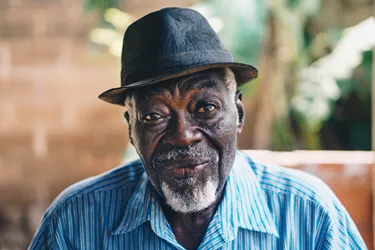

Information and support
When you’re living with a mental health problem, or supporting someone who is, having access to the right information - about a condition, treatment options, or practical issues - is vital. Visit our information pages to find out more.
Share your story with others
Blogs and stories can show that people with mental health problems are cared about, understood and listened to. We can use it to challenge the status quo and change attitudes.










